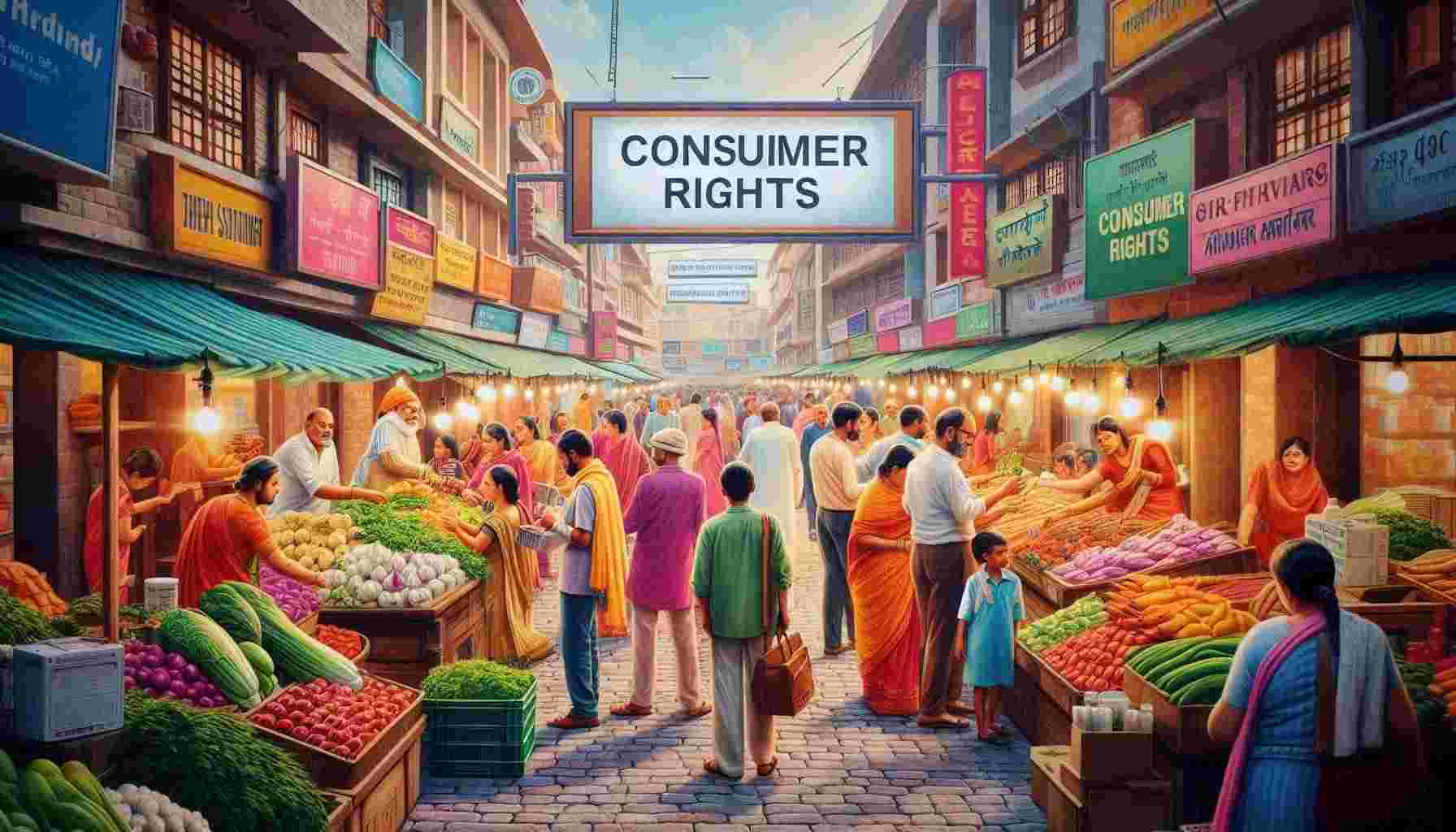Who Is Considered A Consumer In Class 10 Social Science?
Short Answer:
A consumer is anyone who buys goods or services for personal use, not for resale. In Class 10 Social Science, the term emphasizes understanding consumer rights, responsibilities, and the need for consumer protection in a marketplace.
Detailed Answer:
A consumer, as explained in Class 10 Social Science, is a person who purchases goods or services to satisfy personal needs or wants rather than for resale or commercial use. For instance, when you buy a packet of chips to snack on or pay for a ride on public transport, you are acting as a consumer.
The concept of a consumer is significant because it connects directly to the functioning of markets and the rights people have while participating in these markets. Unfortunately, many consumers face problems like receiving defective products, being overcharged, or falling victim to misleading advertisements. That’s where the idea of consumer rights comes into play.
In India, laws like the Consumer Protection Act were introduced to safeguard consumers from unfair trade practices.
These laws ensure that consumers have rights such as:
- The Right to Safety: To be protected from hazardous goods and services.
- The Right to Information: To have accurate details about products or services.
- The Right to Choose: To have access to a variety of options at competitive prices.
- The Right to Redressal: To seek justice in case of exploitation.
Imagine you purchased a mobile phone, and it stopped working within a week. As a consumer, you have the right to ask for a replacement or refund. Class 10 also stresses the importance of being an aware consumer – reading labels, understanding warranties, and making ethical choices.
Being a responsible consumer also means not encouraging unfair practices like pirated products or black marketing. In a way, every choice you make as a consumer has a ripple effect on the economy and society. This balance between rights and responsibilities is what makes the role of a consumer so vital in shaping fair trade and economic practices in any country, especially in a diverse and growing market like India.

